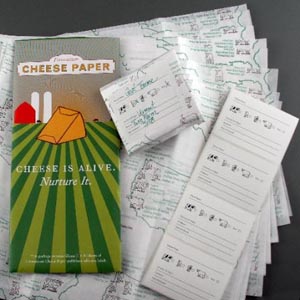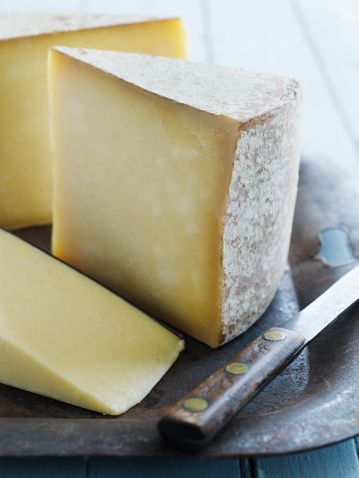The School of Artisan Food
Lessons in baking, butchery, cheese-making and more
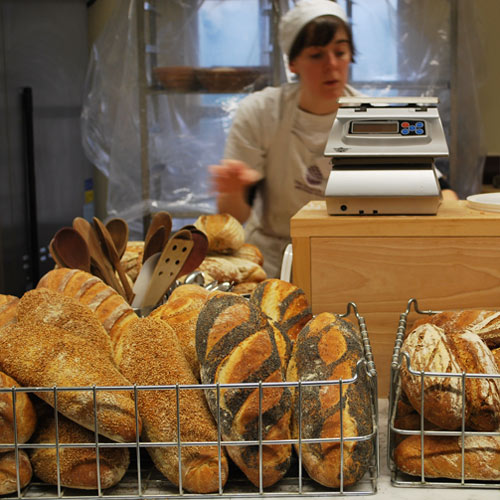
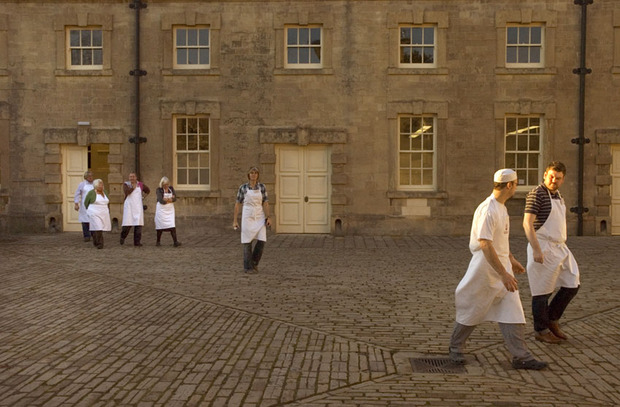
The process of making food artisanally can be slow and tedious, but undoubtedly yields more flavor and personality in its products. Often passed down from generation to generation, these by-hand methods bring the baker, butcher and cheese-maker closer to their craft by using raw, locally sourced ingredients and focusing on quality over quantity. To preserve such trades and instill their importance in entrepreneurs of all ages, The School of Artisan Food was opened at Welbeck Estate in the English countryside’s Sherwood Forest in 2009, when house staff couldn’t find a baker for the Welbeck Bakehouse.
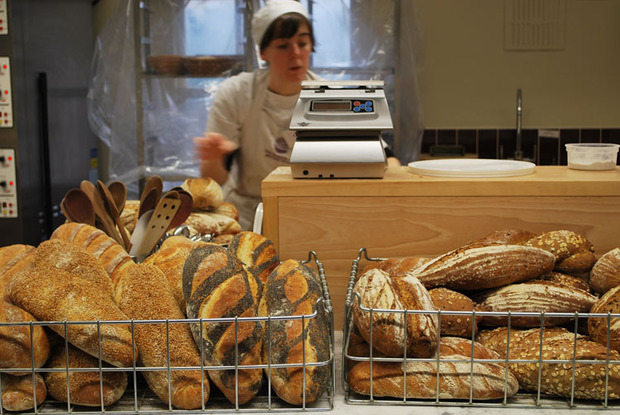
“It wasn’t just that our food culture had been impoverished, the worry was that very useful and relevant skills might be lost,” says SAF co-founder Alison Swan Parente on the need for the educational resource. The not-for-profit school now offers comprehensive diploma-level and short-term courses in baking and patisserie, brewing, butchery and charcuterie, cheese and dairy, pickling, preserves and chocolate, with several graduates going on to become professionals including Ben Mackinnon of London’s e5 Bakehouse.
Housed in an enclave of old fire stables around a cobbled courtyard, the facilities have since been renovated to include humidity-controlled dairy training rooms, a wood-fired oven, butchery and baking classrooms and even an 80-seat lecture theater. While the equipment and course curriculum are serious, they are open to anyone willing to learn. In fact, says Swan Parente, course participants have ranged from a three-year-old studying chocolate to an industrious octogenarian pupil.
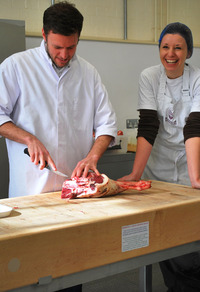
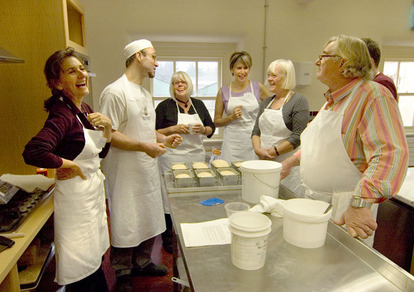
After nearly four years the skilled team behind SAF continues to reflect and adjust curriculums to better accommodate their students and keep faculty focused on a comprehensive philosophy. “Good food doesn’t have to be posh food. And food education can tackle all kinds of issues from social isolation to obesity,” explains Swan Parente. “But it’s also just really good fun to watch milk turn into cheese, flour and water into bread and raw meat into delicious bacon.”
Summer 2013 will introduce a new seven-day intensive in which students focus two days each on bread-making, cheese-making and charcuterie, with the last day reserved for tasting local beers and cheese. For more information on The School of Artisan Food visit their informational website online.
Images courtesy of the School of Artisan Food

